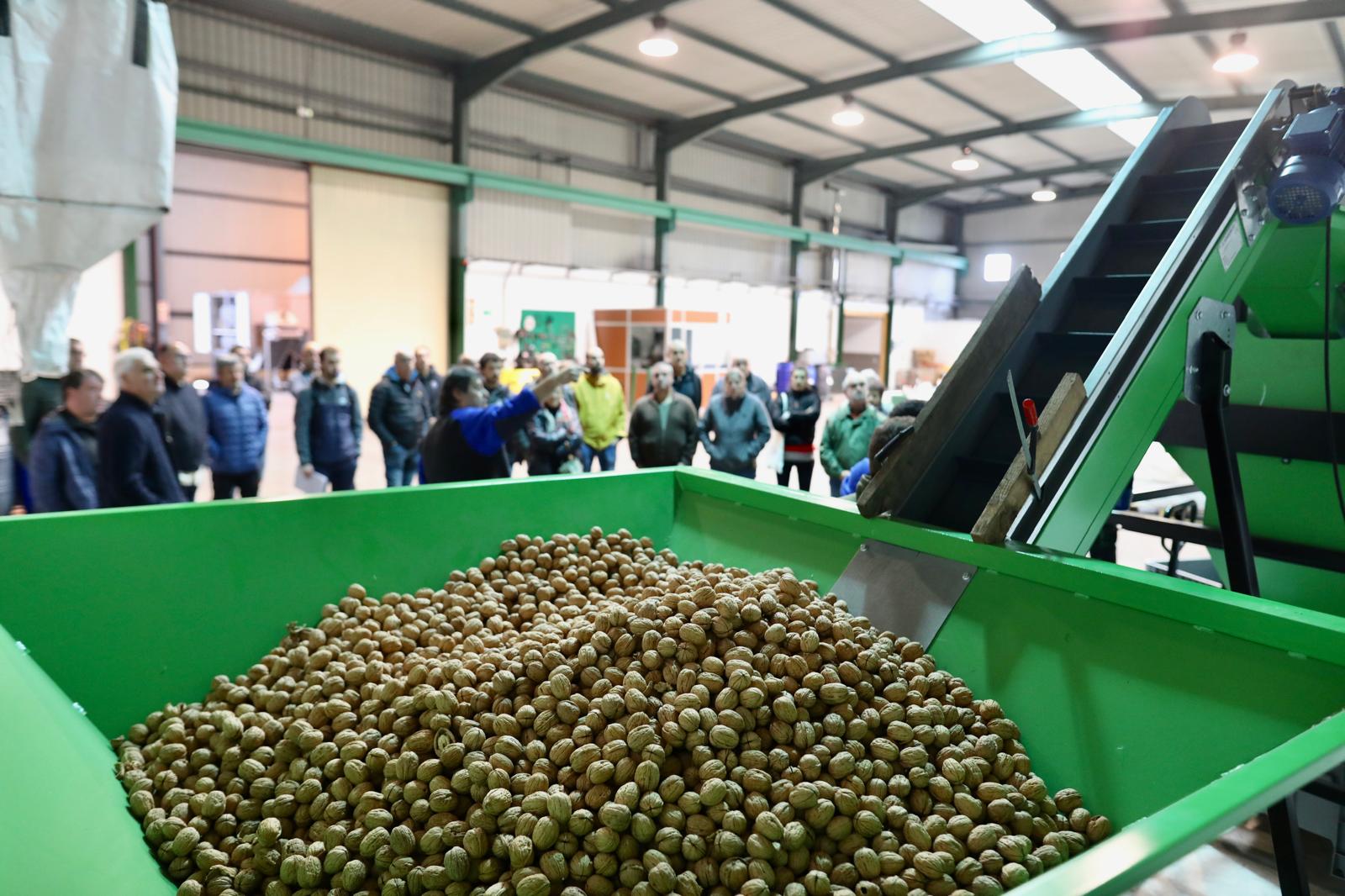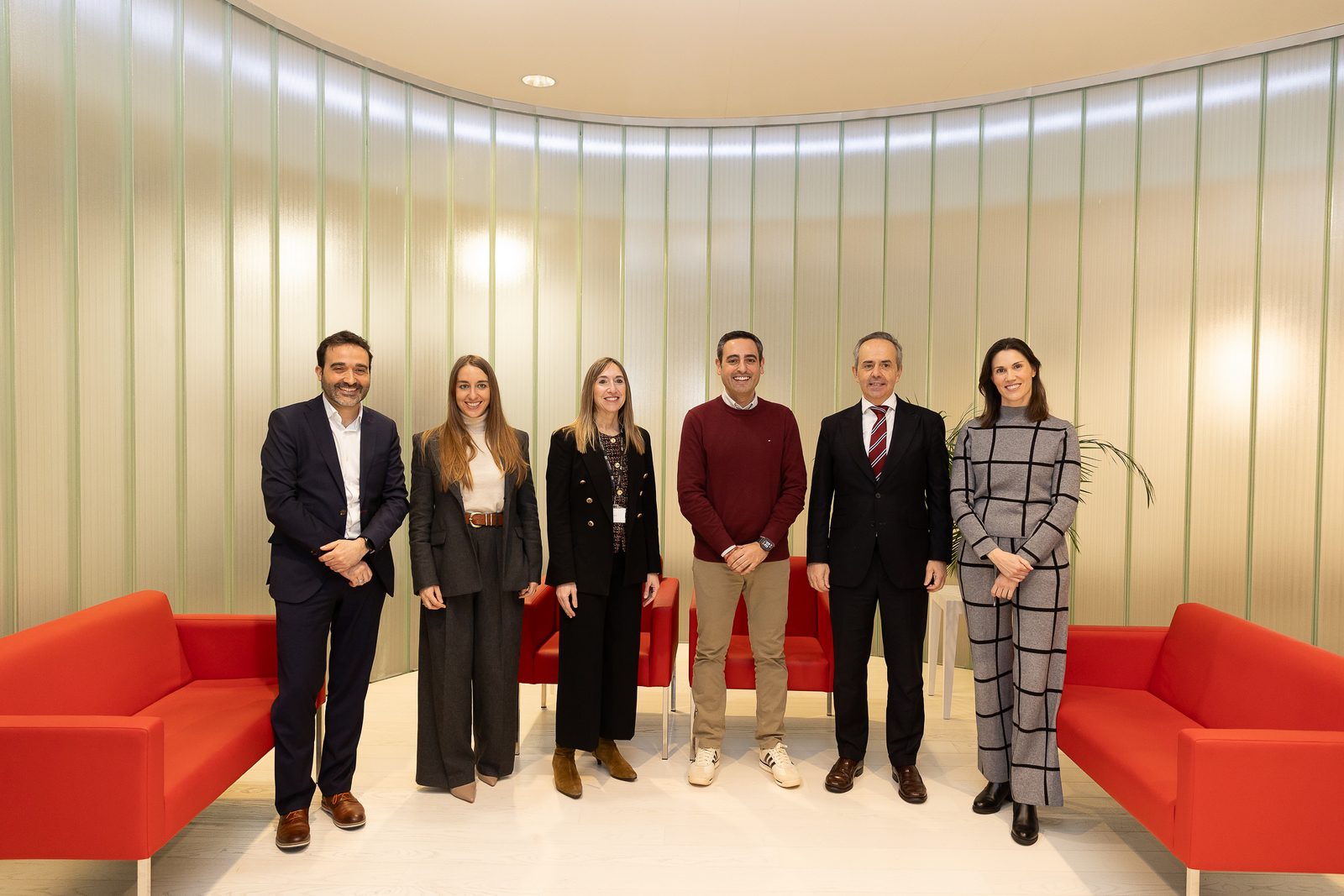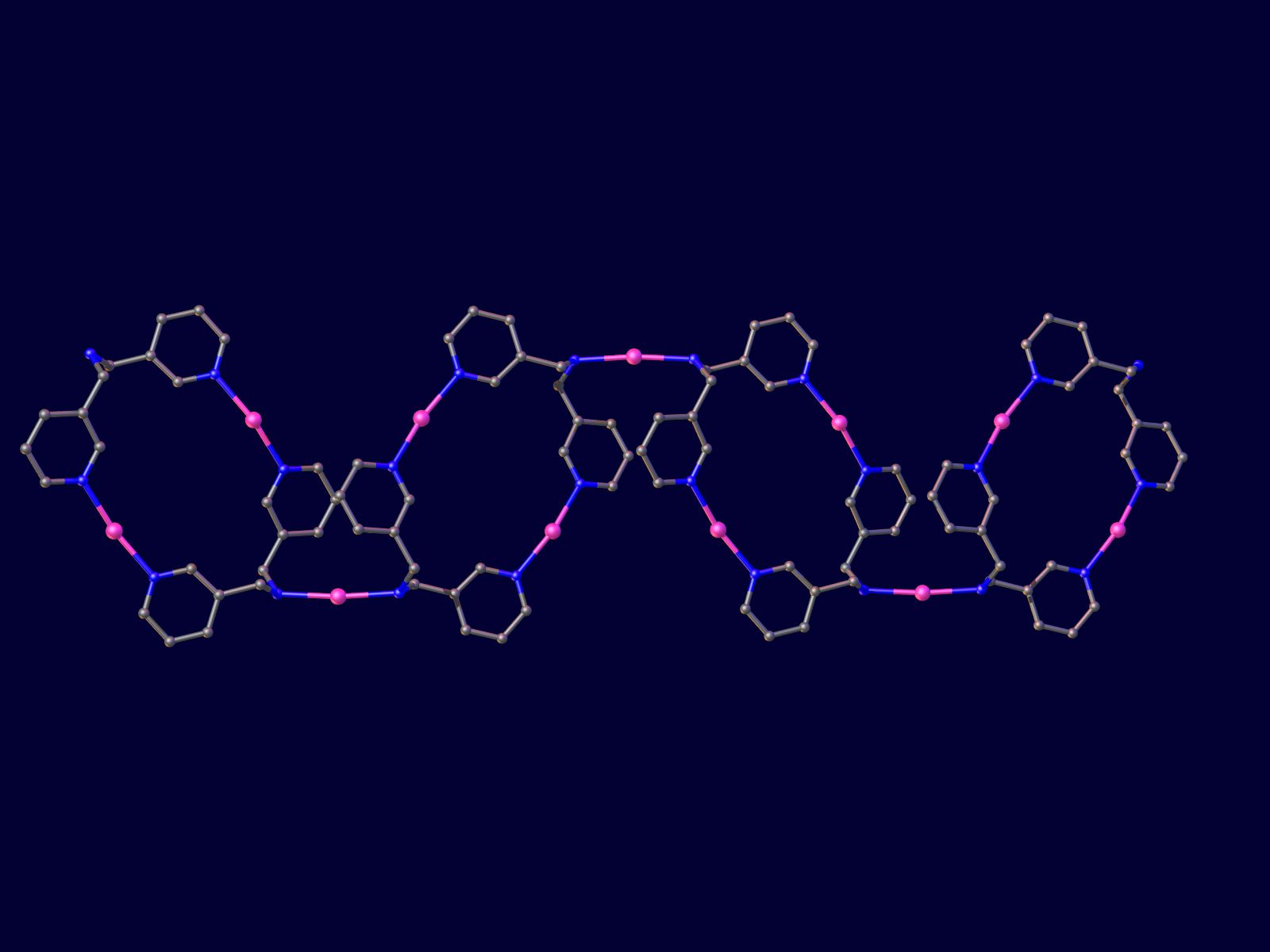Walnut tree cultivation, a business opportunity for Basque agriculture

This morning, the NEIKER technology centre and ADR Añana presented the first results of a research project that reveals the potential of the Basque Country to produce quality walnuts.
During the conference, which took place at the experimental farm in Zambrana and at the Torre Brothers’ facilities in Ribavellosa, the technical feasibility of growing this nut in our territory was demonstrated.
Crop diversification and opening up to new markets form part of the Basque Government’s strategic axis so that the first sector can adapt to the market with value-added products.
The consumption of nuts and dried fruit in the Basque Country is growing by 5% every year, reaching an average of 4 kilos per person by 2023, according to the Annual Food Consumption Report drawn up by the Ministry of Agriculture, Fisheries and Food. Of the total of these foods, almost one kilo corresponds to walnuts, a fruit considered essential for its benefits for cardiovascular health. However, local nut production barely covers 20% of demand, which represents a strategic opportunity to promote their cultivation in the territory and thus reduce dependence on imports.
In this context, NEIKER, a technology centre dependent on the Basque Government’s Department of Food, Rural Development, Agriculture and Fisheries, and the Rural Development Association, ADR Añana, have presented the first results of a five-year joint research project on the viability of nut tree cultivation, especially walnut trees, in the Basque Country at a technical conference.
Training for future walnut growers and nut producers
The seminar, aimed at professionals from the agricultural sector, began at the experimental farm in the municipality of Zambrana in Alava, where NEIKER has been growing nut trees since 2020 with the collaboration of ADR Añana. A visit that, as Amaia Ortiz, head of NEIKER’s Plant Production and Protection Department, explains, ‘aimed to show the technical viability of the crop and to serve as a training resource for future nut producers’.
During the first part of the conference, the attendees were able to learn first-hand about the management techniques and the climatic adaptation of these crops. Specifically, the first production data of the three walnut varieties under study were shown: Chandler and Howard, American, and Fernor, European. They were chosen because they are the varieties that are being accepted by the market: 80% of the walnuts consumed in the Basque Country are imported and the ones we see on the shelves are the ones being studied.
Some of the fertilisation guidelines were also explained as well as the ideal calculation of irrigation doses, one of the main determining factors to guarantee good profitability. With regard to the control of the diseases that are usually observed in the crop, their incidence and severity has been very low. Only 15%-17% of the walnuts show disease lesions, despite the fact that no treatment has been applied.
Promising first results
As far as results are concerned, ‘the trial is in its first year of production and the yield forecasts are already being fulfilled from the start’, Ortiz points out. ‘As far as nut size and quality are concerned, the first harvests are showing excellent results in all three varieties. 70% of the walnuts have an excellent quality. Seventy percent of the walnuts have a size of more than 30-32 millimetres, which corresponds to the highest quality on the market. Another noteworthy fact is the weight of the edible part: the nuts are very full, 50% is flesh, and the shells are very thin, which facilitates domestic consumption. This confirms that we can obtain a very high percentage of quality walnuts’, adds the head of NEIKER’s Plant Production and Protection Department.
Tasting of local walnuts
After this visit, the event moved on to the facilities of Javier and Gregorio Torre, from Alternativa de Cultivos Alaveses, in Ribavellosa. This was one of the highlights of the day, where the attendees were able to see first-hand the nut drying, processing and packaging plant that the brothers Javier and Gregorio Torre have set up in Ribavellosa.
Specifically, this plant allows them to carry out the entire fruit treatment process from harvesting to sale, including dehulling, washing, drying, calibrating, splitting, packaging and marketing of nuts and other nuts, thus ensuring the quality of the final product. This plant makes it possible to look for new alternatives and market outlets for local and nearby nut cultivation.
At the end of the day, the attendees were able to taste the first production of the three varieties of walnuts harvested in NEIKER’s experimental field, observing their differences in size and quality.
A collaboration to open up new markets
NEIKER and ADR Añana have been collaborating closely for more than five years with the aim of exploring the opportunities presented by nut trees, especially walnut trees.
This joint initiative, recently renewed in 2024, focuses on studying the viability of these fruits in the Basque Country, analysing their agro-climatic adaptation and the varieties that offer the best yield in the territory. Through these efforts, both entities seek not only to boost local production, but also to contribute to the sustainable development of the Basque agricultural sector.
Crop diversification and opening up to new markets form part of the Basque Government’s strategic axis so that the first sector manages to adapt to the market with value-added products.




